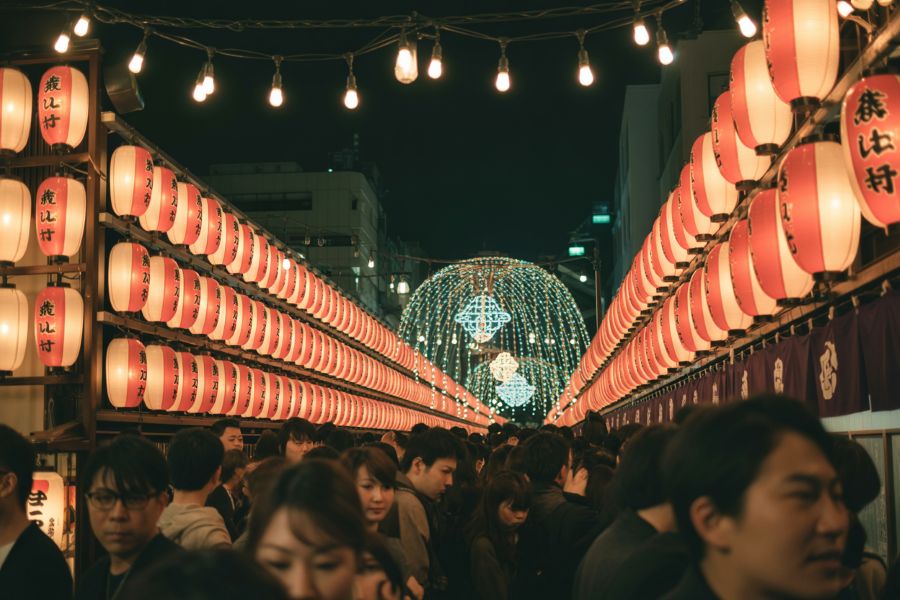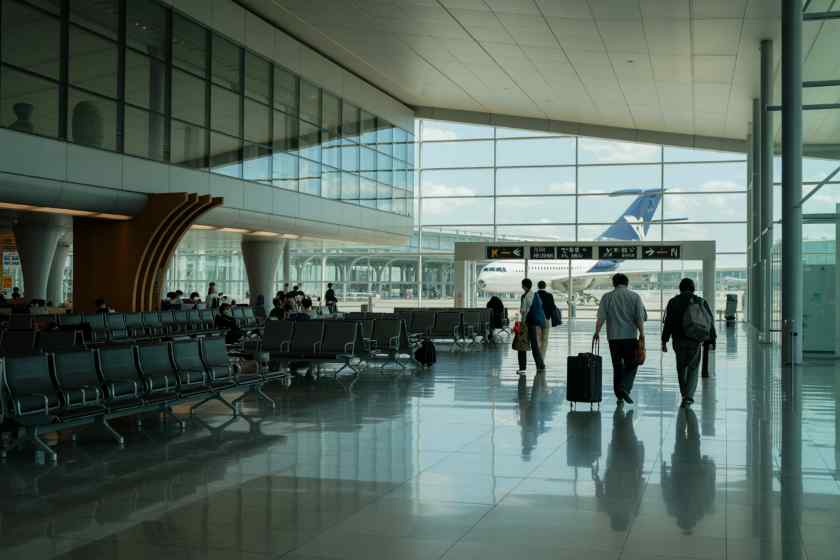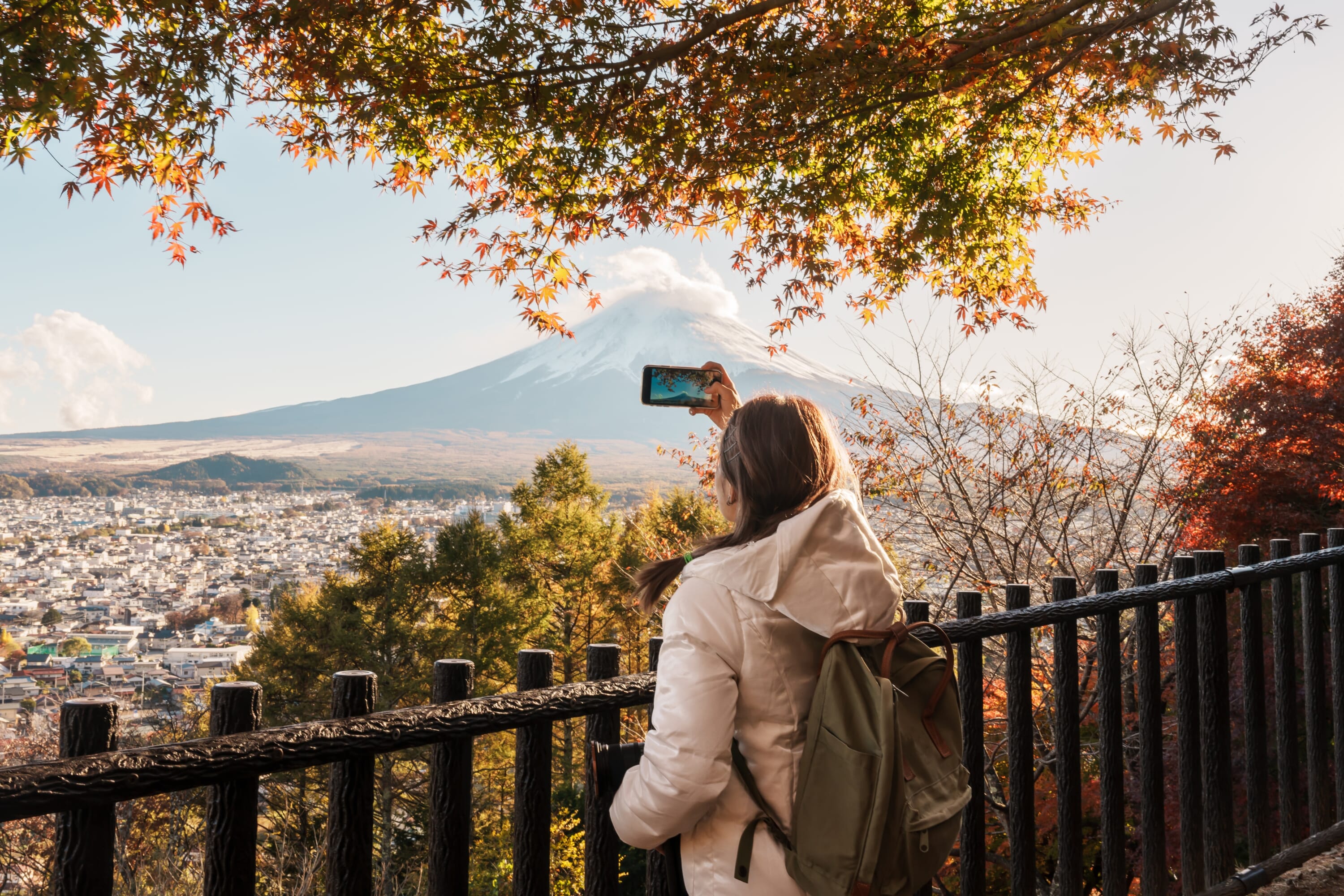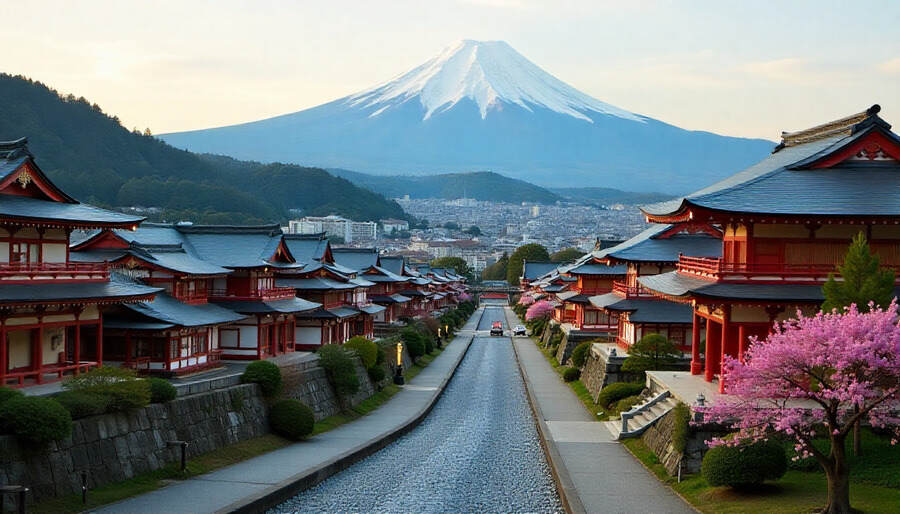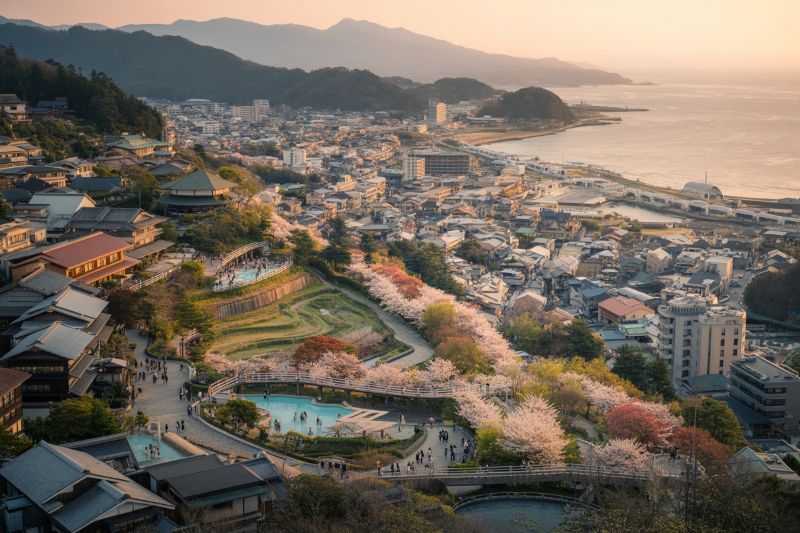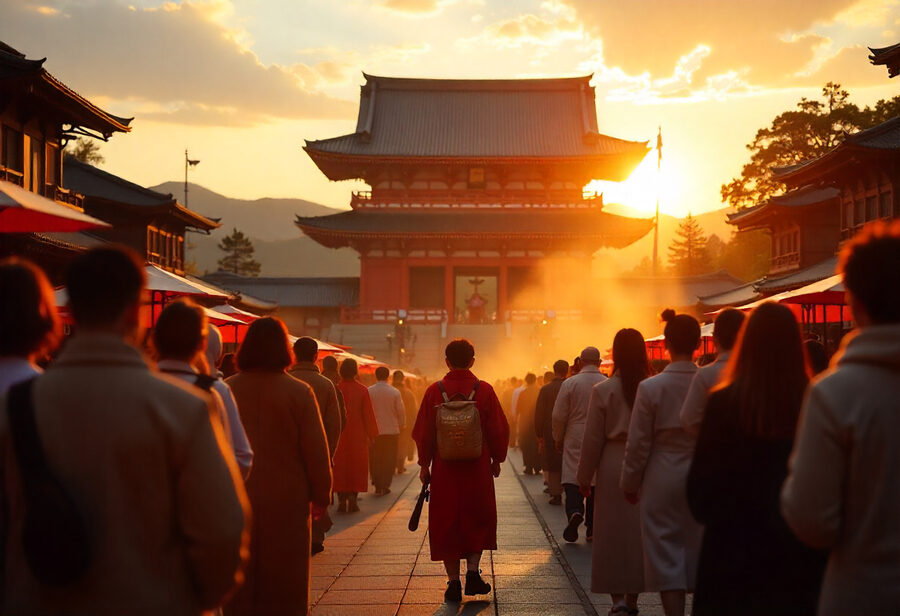
Published on
November 6, 2025

The Japan Festival in Riyadh recently provided an exceptional platform to showcase Japan’s rich cultural heritage, with a special focus on its traditional crafts and scenic regions. Held to mark the 70th anniversary of diplomatic relations between Japan and Saudi Arabia, the festival offered Saudi visitors a chance to explore Japan beyond its well-known cities. From interactive booths featuring bonsai and kimono-wearing to tea ceremonies that introduced Japan’s ancient rituals, the festival highlighted the beauty and craftsmanship of Japan’s lesser-known traditions. This immersive experience encouraged attendees to not only appreciate the country’s heritage but also to consider exploring its more tranquil regions, ultimately inspiring a deeper connection and curiosity to experience more of Japan’s diverse attractions.
The festival, now in its fifth iteration, highlighted Japan’s rich cultural diversity and the wide range of travel experiences the country offers. A central focus of the event was the specially designed tourism promotion zone, curated by JNTO, which aimed to showcase Japan’s lesser-known destinations beyond popular tourist spots like Tokyo and Kyoto. This zone was intended to inspire visitors to discover new regions of Japan and engage in authentic cultural experiences, offering a deeper connection to the country.
Guests had the opportunity to participate in hands-on cultural activities, guided by experts from Japan. One of the highlights of the Japan Tourism Promotion Zone was the collection of interactive booths where attendees could experience traditional Japanese arts such as bonsai cultivation, calligraphy, tea ceremonies, and the art of kimono-wearing. These booths allowed visitors to immerse themselves in the beauty of these age-old traditions, gaining a deeper understanding of their significance in Japanese culture.
A particularly engaging aspect of the festival was the kimono booth, where visitors learned about the intricate craftsmanship involved in creating Japan’s iconic garment. The booth also drew comparisons between Japan’s kimono and Saudi Arabia’s traditional abaya, showcasing the silk-weaving heritage of the Kansai region. Many visitors expressed a desire to try on a kimono and walk through the picturesque streets of Japan during their future trips, deepening their connection to Japan’s cultural fabric.
The tea ceremony booth offered another rich cultural experience, where guests could sample matcha and learn about the importance of tea in Japanese culture. The ceremony also provided an opportunity for attendees to compare Japanese tea culture with the well-established Arabic coffee traditions. Alongside the tea ceremony, the booth introduced the Chubu region, a key area for Japan’s premium tea production, further connecting Japan’s regional offerings with its cultural identity.
In addition to the cultural booths, the Japan Festival featured stage performances that showcased Japan’s diverse artistic heritage. Traditional music and dance performances, as well as demonstrations of Japanese theater, offered attendees a sensory experience of Japan’s vibrant cultural scene. These performances, combined with the interactive cultural activities, created a dynamic environment for attendees to explore and appreciate Japan’s traditions.
The tourism promotion zone successfully introduced visitors to Japan’s lesser-known regions, with an emphasis on discovering the natural beauty and tranquil townscapes that lie beyond the bustling cities. The goal was to shift the focus away from Japan’s well-trodden tourist routes and highlight the quiet charm and hospitality of rural Japan. Many visitors left the event with a renewed interest in exploring these regions, eager to experience Japan’s peaceful landscapes, historical villages, and warm local communities.
Attracting around 10,000 visitors over the two-day event, the Japan Festival was a resounding success, with many attendees expressing their admiration for Japan’s culture and their desire to visit the country. The event was an opportunity for local residents and tourists alike to connect with Japan in a meaningful way, gaining insight into the nation’s traditions, history, and values. The festival also came at a significant moment in the global cultural calendar, following Expo 2025 Osaka and in the lead-up to Expo 2030 Riyadh, underscoring the growing cultural collaboration between Japan and Saudi Arabia.
The event also highlighted the growing interest in Japan from Saudi Arabia and the wider GCC region. In the first half of 2025, Japan saw a 19.9% increase in visitors from GCC countries compared to the same period in 2024, with Saudi Arabia leading the region. This uptick in visitors is a clear reflection of the expanding appeal of Japan in the Middle East, as more travelers from the region are drawn to explore the country’s rich culture, natural beauty, and modern attractions.
The Executive Director of JNTO Dubai shared his excitement over the festival’s success, noting that it provided an exceptional platform to celebrate the 70th anniversary of Japan-Saudi diplomatic relations while showcasing the country’s diverse tourism offerings. He emphasized the increasing number of travelers from Saudi Arabia and other GCC countries and expressed hope that the event would inspire even more Saudi tourists to explore Japan’s lesser-known regions, further strengthening the cultural ties between the two nations.
The Japan Festival in Riyadh showcased Japan’s traditional crafts and scenic regions, encouraging Saudi visitors to explore beyond the major cities and discover the country’s hidden gems. This immersive experience highlighted Japan’s rich cultural heritage and inspired a deeper curiosity to visit lesser-known destinations.
In conclusion, the Japan Festival in Riyadh was a resounding success, offering an enriching cultural experience for all who attended. The event highlighted the enduring friendship between Japan and Saudi Arabia, while also promoting the beauty and diversity of Japan’s regional destinations. Through cultural activities, live performances, and meaningful exchanges, the festival succeeded in sparking interest in Japan’s lesser-known attractions, encouraging future travel and fostering deeper mutual understanding between the two nations.
link

